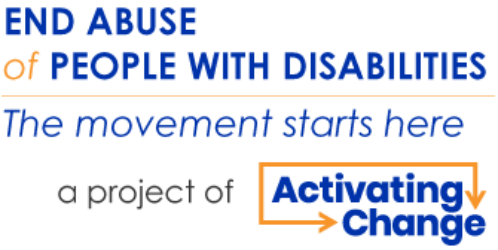Invisible Injuries: Acquired Disabilities from Violence
When most people hear the terms “concussion” or “traumatic brain injury,” they often associate them with football, military service, or accidents. However, fewer are aware that brain injuries can also result from domestic violence, sexual assault, and other forms of abuse, including strangulation and choking. Survivors of violence not only cope with the emotional and psychological aftermath of their experiences, but also often face acquired disabilities that profoundly affect their quality of life and their ability to access services. Unfortunately, these brain injuries are rarely identified and seldom treated immediately, leading to both short- and long-term physical, emotional, and cognitive consequences.
In this session, we explored the complex and often overlooked intersection of violence, trauma, and brain injury. We also highlighted pioneering research in Ohio that examined the connection between brain injury and domestic violence. Finally, we introduced CARE, a trauma-informed, brain injury-aware framework designed to improve awareness, accommodations, and accessibility.
Featuring Rachel Ramirez, Ohio Domestic Violence Network
Rachel Ramirez is the Director of Health and Disability Programs and the Founder of The Center on Partner-Inflicted Brain Injury at The Ohio Domestic Violence Network (ODVN). Her focus is on supporting professionals and systems to better understand traumatic stress and the impact of brain injury, which translates into more accessible and effective services. She provides extensive statewide, national, and international training, technical assistance, consultation, and program support. Rachel also supervises Ohio’s Office on Violence Against 2 / 2 Women Disability Grant Program’s statewide collaboration of forensic nursing, brain injury, and domestic and sexual violence services, funded since 2020.
Rachel has co-authored several peer reviewed journal articles and has been featured on National Public Radio and CBS News as well as in The New York Times Magazine and The Washington Post. Rachel has a master’s in social work from The Ohio State University and is a licensed independent social worker and a registered advocate with senior standing and has been with ODVN for 18 years.
Video Resources
PDF Resources
- Invisible Injuries: Traumatic Brain Injury, Domestic Violence and Strangulation
- Lesiones invisibles: Daño cerebral traumático, violencia doméstica y estrangulamiento
